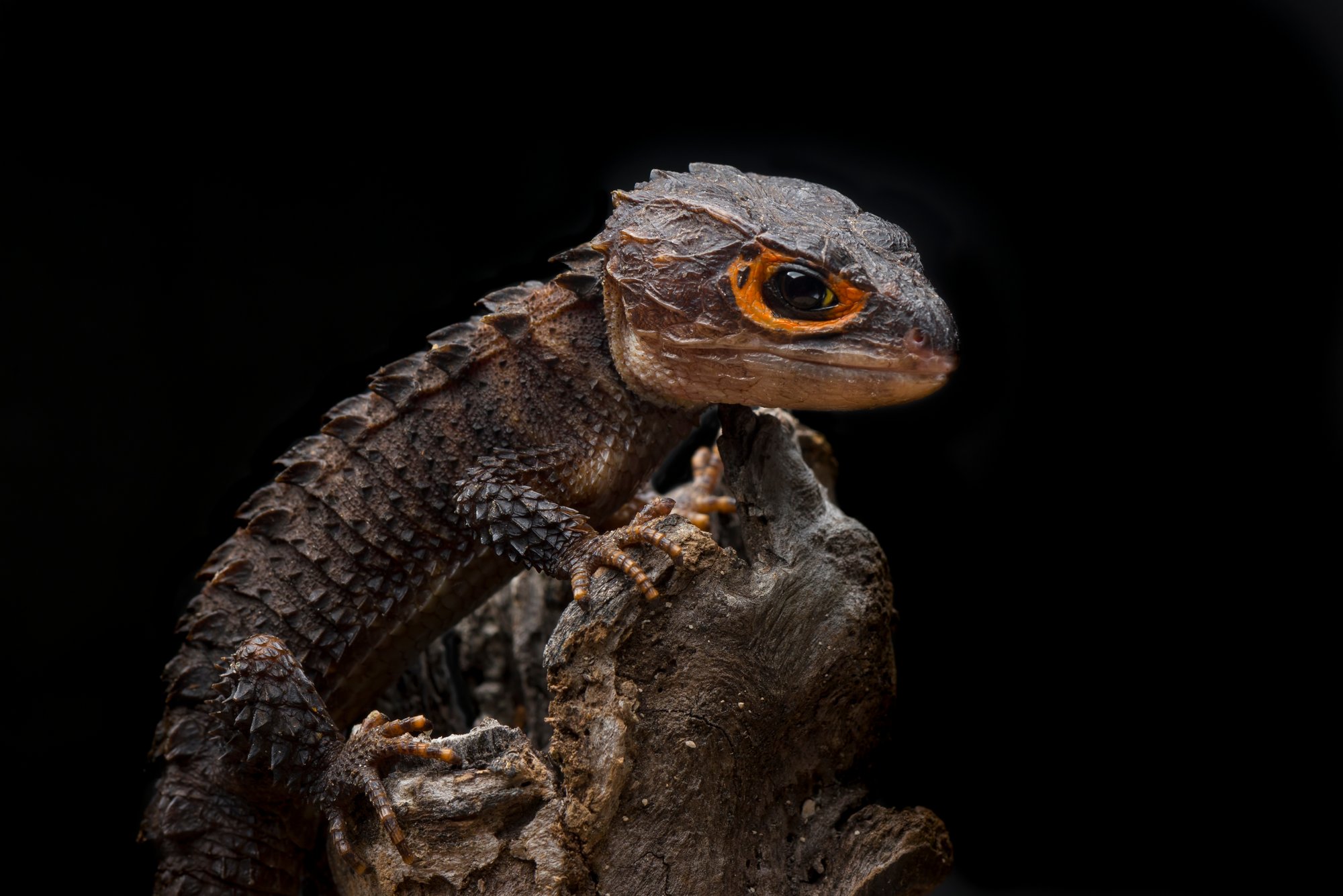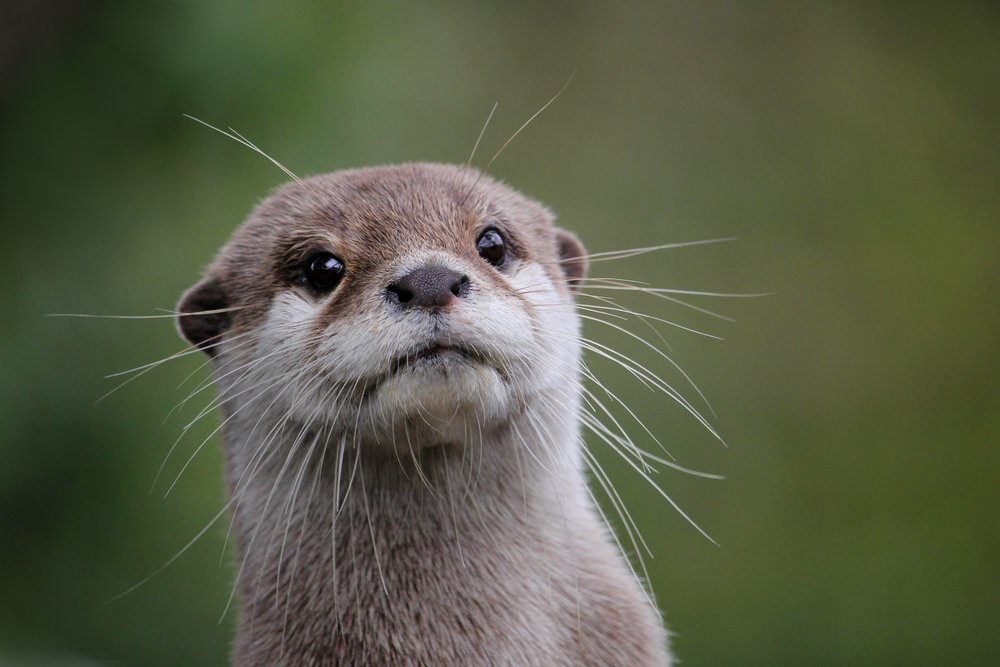Monitor
Looking out for the underdogs
Who we are
We are a non-profit organisation dedicated to lesser-known species and issues involved in wildlife trade. Wildlife is traded in vast quantities around the world, both legally and illegally. In combination, illegal wildlife trade, from ground-level poaching to middle and high-level trafficking, and technically legal yet unsustainable wildlife trade, pose great threat to the survival of many species across the globe. Amplified by threats such as habitat loss and climate change, the list of species being pushed towards extinction is long and rapidly expanding.

The reality for uncommon, lesser-known species that are traded legally or illegally is that any population decline frequently goes largely unnoticed. The lack of evidence that wildlife trade poses a threat to these species, or that it does not, is a major obstacle in effective conservation measures being put in place.
Larger conservation initiatives often take the flagship approach and focus on iconic species. While this approach has its merits, especially for habitat conservation, it often neglects less-iconic species groups. Monitor fills a crucial niche in the fight against illegal and unsustainable wildlife trade by focusing on these species, as well as unknown, or lesser-known issues within wildlife trade, including exposing bogus captive breeding operations, scrutinising the implementation and effectiveness of national and international laws, conventions, policies and other regulatory tools, highlighting the abuses of regulatory frameworks and more.
What Drives Us
Our Mission
We are dedicated to stopping the decline in species negatively impacted by trade by providing objective and evidence-based scientific research.
our work
How we make a difference
Wildlife trade
Wildlife is poached and trafficked all over the world for a wide range of purposes, to feed the demand for traditional medicine, dining delicacies, meat subsistence, ornaments, decorations, skins, leather, pets and collections, as well as magic talismans. While some trade occurs domestically within a country or even more locally within a location in a country, the majority is traded regionally, or internationally.
what we do
We investigate illegal wildlife trade trends at national and international levels, advise policy and conservation interventions, and create and raise consumer awareness and public concern. To advocate for positive conservation measures, we publicise our findings which include scientific-based recommendations to address the identified gaps and issues.

How you can help
Please consider making a donation to support this crucial work for wildlife.

